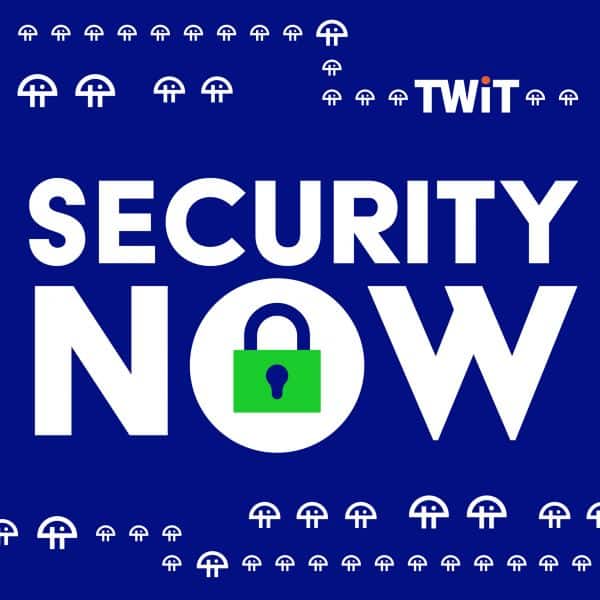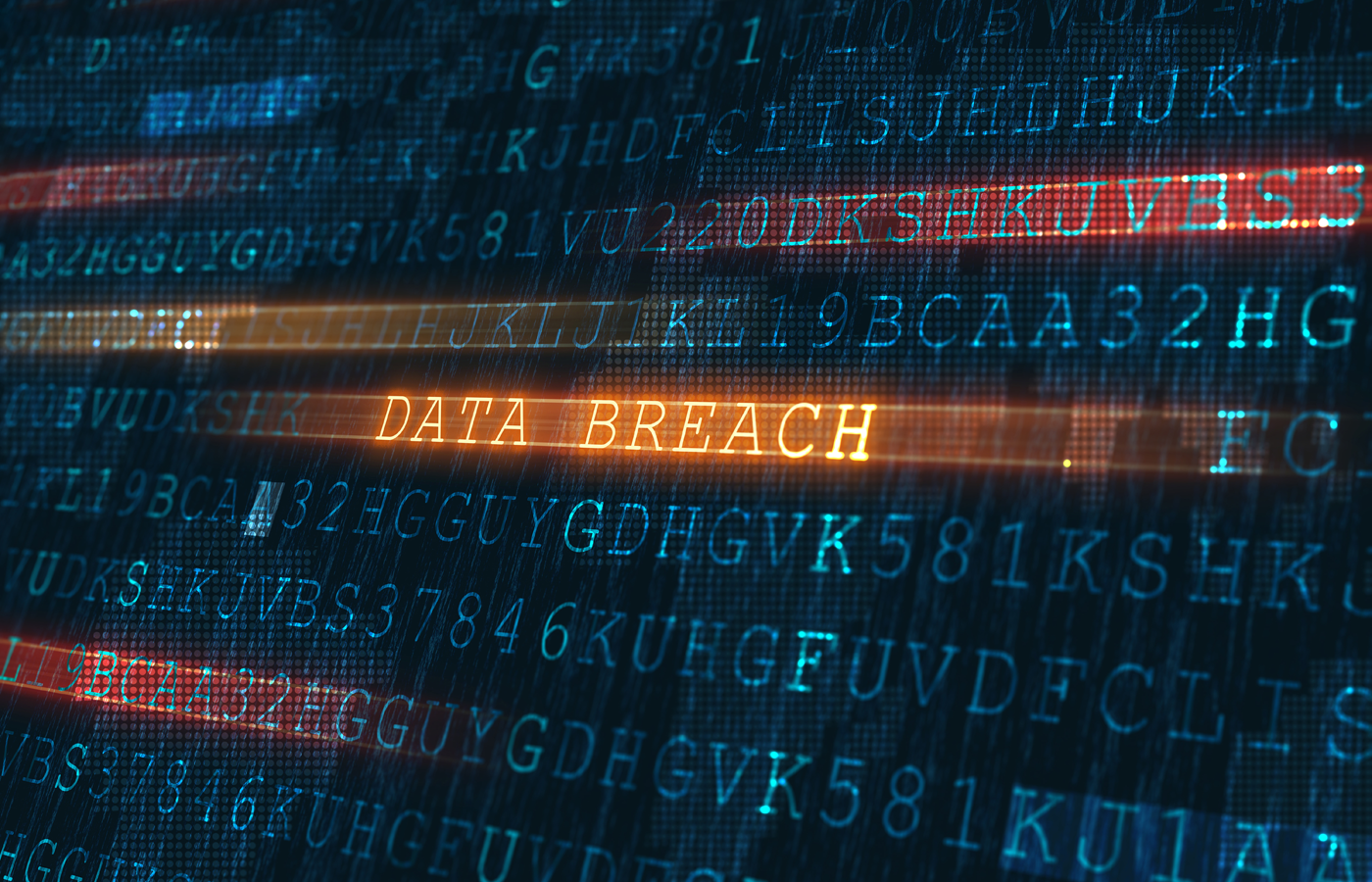Cybersecurity podcasts are audio-based shows with consistently recurring episodes that provide listeners with recent security news, analysis from experts in the field, vulnerability information, or deep dives into major stories or concepts. We’ve selected eight top podcasts with varying lengths and areas of focus. Each has a minimum of 4.5 stars and 100 ratings on Apple Podcasts and is available on multiple streaming platforms.
Table of Contents
Darknet Diaries
4.9 stars, 7.1K+ reviews
If you’ve listened to investigative reporting podcasts like Serial or Reply All and wanted something that was specific to cybersecurity, Darknet Diaries is the perfect podcast for you. Since 2017, it’s investigated some of the most noteworthy stories related to the darkside of the internet, using a storytelling style that’s easy to follow for technical and non-technical listeners alike.
New episodes of Darknet Diaries typically air on the first Tuesday of the month and are usually around an hour long. There are currently over 150 episodes available on Apple Podcasts, YouTube Music, and Spotify. The podcast has an explicit rating.

SecurityNow
4.6 stars, 1.9K+ reviews
Running since 2005, Security Now provides weekly episodes to keep both tech geniuses and total novices up to date on recent developments in cybersecurity. The hosts talk knowledgeably about the subjects at hand without getting too bogged down in jargon.
New episodes of Security Now typically air live weekly on Tuesdays, in both audio and visual form, and are uploaded later that evening. There are over 950 episodes of the podcast. Episodes are often around 100-120 minutes long and are available on Apple Podcasts, YouTube Music, and Spotify. Security Now has a clean rating.

CyberWire Daily
4.8 stars, 930+ reviews
The CyberWire is a cybersecurity-focused news service, and the CyberWire Daily Podcast delivers a rundown of the top cyber news each day of the week. It requires some baseline industry knowledge, but it’s a great way for security professionals to stay on top of InfoSec current events.
New episodes of CyberWire Daily Podcast air each weekday morning (if not more frequently) and are usually less than 30 minutes long. CyberWire Daily has been active since 2016 and currently has more than 2,000 episodes. They’re available on Apple Podcasts, YouTube Music, and Spotify. The podcast is rated clean.

Malicious Life
4.8 stars, 880+ reviews
For history buffs, Malicious Life by EDR and XDR provider Cybereason chronicles some of the most influential untold cybersecurity stories around the world. It takes listeners on a journey through the history of cybersecurity through the lens of real hackers, security experts, journalists, and politicians.
New episodes of Malicious Life typically air twice a month and are usually 30-40 minutes long. Malicious Life currently has over 240 episodes. They’re available on Apple Podcasts and Spotify. The show has been active since 2017 and is rated clean.

Risky Business
4.7 stars, 330+ reviews
Risky Business is one of the longest-running podcasts in the cybersecurity industry, publishing episodes since 2007. You’ll get in-depth analysis each week of the latest stories and how they impact security trends on a global scale.
New episodes of Risky Business typically air weekly on Wednesdays and are usually about 60 minutes long. There are currently over 700 episodes. Risky Business is available on Apple Podcasts and Spotify, and it has a clean rating.

Hacking Humans
4.6 stars, 270+ reviews
If you’re particularly interested in the connection between cybersecurity and psychology, you may like Hacking Humans, CyberWire’s podcast division specifically dedicated to social engineering and how to avoid it.
New episodes of Hacking Humans air weekly on Thursdays and are usually 40-60 minutes long. The podcast currently has more than 500 episodes. They’re available on Apple Podcasts, YouTube Music, or Spotify and are rated clean. Another series within Hacking Humans includes Word Notes, a short episode that defines a common security term or acronym.

Smashing Security
4.5 stars, 280+ reviews
Cybersecurity topics are usually no laughing matter, but on Smashing Security, the co-hosts bring a sense of levity to the conversation. Each week, the two computer security experts and a variety of guests talk through some of the top cybercrime headlines, taking a humorous, laid-back tone that makes learning about security news more approachable.
New episodes of Smashing Security air weekly on Wednesdays (with occasional additional episodes on other days). The podcast currently has over 370 episodes. They’re usually 45-60 minutes long and are available on Apple Podcasts, Google Podcasts, and Spotify. Smashing Security is rated explicit and may contain adult themes.

Unsupervised Learning
4.6 stars, 120+ reviews
Unsupervised Learning condenses 5-20 hours of research into a concise summary of the most interesting things happening in the news related to security, technology, and society at large. This podcast is extremely succinct, so some listeners may find it a bit dry, but the host connects a wide scope of topics masterfully. It’s a great podcast for security geeks.
New episodes of Unsupervised Learning typically air once a week or every two weeks and are around 30 minutes or less. There are currently over 400 episodes, and they’re available on Apple Podcasts and Spotify. The show is rated explicit.

Bottom Line: Podcasts Can Deepen Your Interest in Cybersecurity
It’s one thing to look at an application’s management console or stare at threat intelligence feeds and alerts all day. But listening to podcasts — and the humans who have experienced events in this field — makes cybersecurity that much more interesting. If you’re looking for a new podcast, whether to further your experience in the security field or to learn what professionals do, I recommend you check out these podcasts and see which ones are a fit.
If you’re interested in hearing more insights from security professionals, read our guide to the best cybersecurity Twitter accounts next.
Jenna Phipps contributed to this article.








